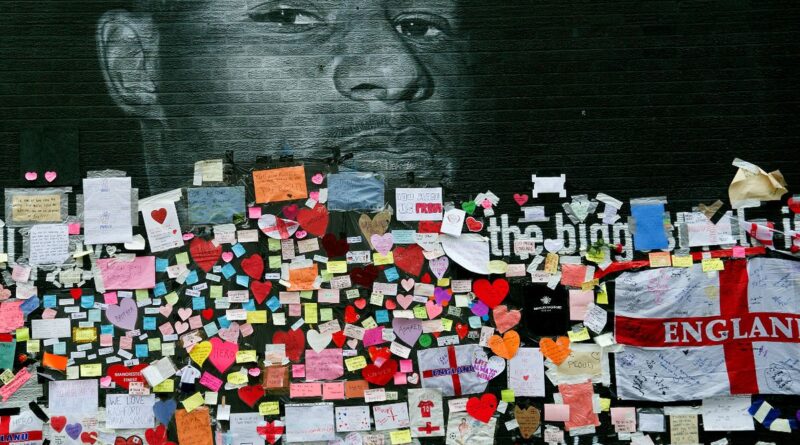Moving towards an anti-racist curriculum in MFL
The terrible racism shown towards Marcus Rashford, Jadon Sancho and Bukayo Saka has shown that, as a society, we need to be actively anti-racist. This has started me thinking about the MFL curriculum. As a subject which promotes cultural understanding, surely we are well placed to support this? I read a useful article on this topic by St Mary’s University and will look for more to educate myself. Here are my thoughts so far on the topic:
- the issue of colonies. Teaching Year 7 Spanish, we look at all the countries across the world that speak Spanish. It’s important to explain to students that these countries were colonies and discuss the exploitation of people/resources in these countries. This year, I spent a long time on this and the students made great contributions, despite their young age. Going forward, I will tell students about the other languages spoken in Mexico, for example, and ask students to think about language as part of identity.
- the vocabulary taught. As the St Mary’s article suggests, MFL teaching resources are often very Eurocentric and do not show the experience of different ethnic groups within target language countries. From my own experience, I was struck by how often I have had to present the word church but not mosque in units on town. This is an easy fix: I have just added mosque to relevant vocab lists.
- experience of different ethnic groups. I remember reading on my PGCE (in one of the good old Pathfinder books) that most GCSE textbooks assumed middle-class families driving to a campsite in France and built a curriculum around that. However, this was not the experience of most learners then nor is it now. The same principle applies to teaching about mono-cultural events such as Christmas. I teach German and Christmas is a big deal in Germany. It would be weird not to teach it, but it is important to do so in a way that doesn’t assume all the students in the class celebrate Christmas. I have made a point of finding videos and teaching materials about Eid, for example, as textbooks don’t tend to include it. The St Mary’s article discusses the lack of black narratives in textbooks. I think one of the problems is not so much the lack of narratives but that such narratives are presented as examples of people living abroad, not as part of the everyday community in France/Germany/Spain.
I am sure there is so much more we can do and I am looking forward to reading more from the ALL Special Interest Group “Decolonise Secondary MFL Curriculum” to help develop my practice.
